A plan to establish a wilderness-style campground off Irish Neighborhood Road in Greenwood was placed on hold by developers in April 2025, according to released online. The proposal included 25 sites or A-frame shelters and limited amenities, focusing on one pit toilet.
Municipal records indicated that the four-acre site was chosen with a “wilderness” concept in mind, which would have kept facilities minimal. Local officials examined the plan before its withdrawal, pointing out several steps necessary for compliance.
Code Enforcement Officer Anne Kwoka cited the state’s requirement to license any campground with five or more sites, and she noted the landowners would need to create a suitable access road for firefighting equipment. The path would have replaced a snowmobile trail, presenting unique logistical considerations.
Planners reviewed how these infrastructure needs might affect emergency responses in remote areas. The published details indicated that logistical burdens contributed to the owners’ decision to withdraw the proposal.
The licensing process was viewed as an uphill challenge for a campground intended to remain mostly undeveloped. Requirements for an improved road capable of handling larger vehicles were described as an essential safety measure but also added significant work.
A widely recognized best practice for outdoor hospitality operators involves upgrading informal routes to ensure efficient emergency access. This approach typically includes graded surfaces and clear signage suitable for larger vehicles, along with inspections after weather extremes to prevent erosion or hidden damage.
In another example of roadway improvements, a project by Friends of Muir Valley illustrated how deteriorated conditions can cause emergency delays. Reports cited that effort as aiming to stabilize a flood-impacted path with steel pylons and improved drainage to assist rescue situations.
Some recognized guidance for developing safe, accessible infrastructure underscores the importance of properly graded roads and signage that can accommodate the turning radius of fire trucks. Upgrading old pathways can help properties meet regulatory obligations, remain resilient to seasonal wear, and provide a safer guest experience.
Meanwhile, industry discussions around managing off-season risks suggest seasonal caretakers can prevent unauthorized occupancy and handle unexpected issues more promptly. Clearly communicated closure dates, rules signage, and temporary security measures help deter off-season arrivals seeking unsanctioned lodging.
Planning board members recommended a May 1 to Oct. 31 operating schedule, coupled with a 24/7 onsite caretaker presence. That provision aimed to ensure continuous oversight while the campground was open for visitors.
Officials voiced concern that if campers arrived off-season without regulation, the remote property could risk becoming a makeshift winter lodging. Their main focus centered on avoiding potentially unsafe conditions in a secluded location.
Developers ultimately put the project on hold, describing the process of meeting state licensing and infrastructure requirements as factors in their decision. While the plan remains suspended, observers note that remote campground proposals could be revived if regulatory thresholds become easier to address.
.png)
.png) 6 hours ago
1
6 hours ago
1
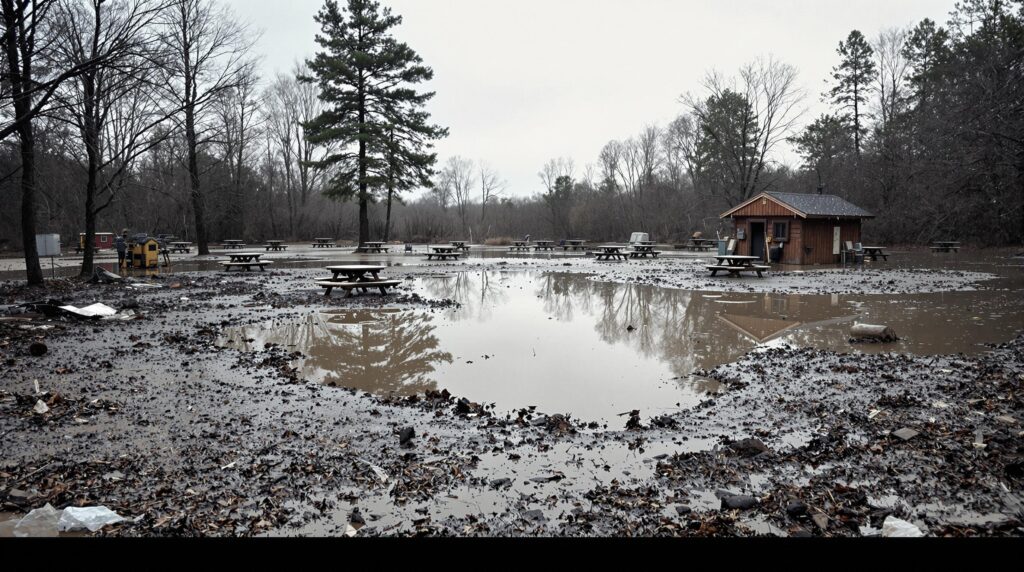
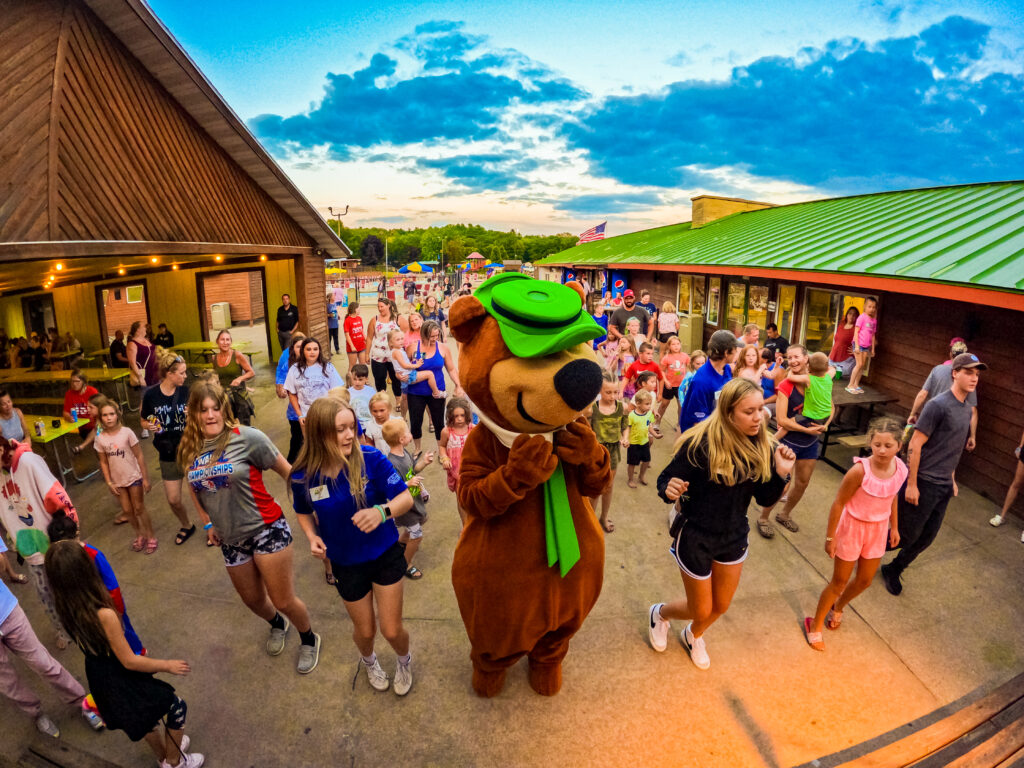
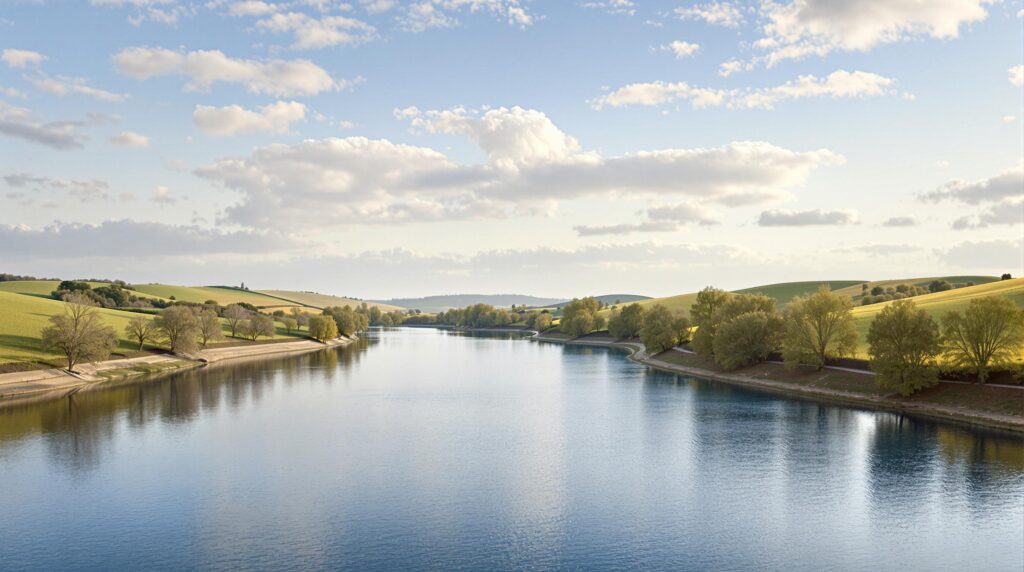
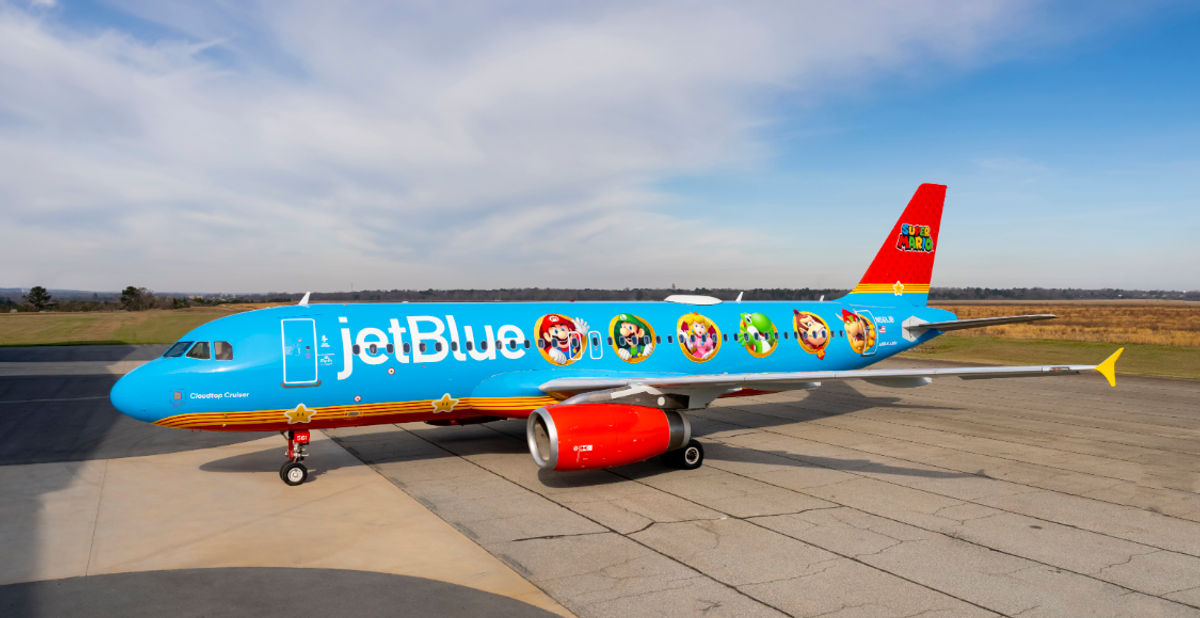



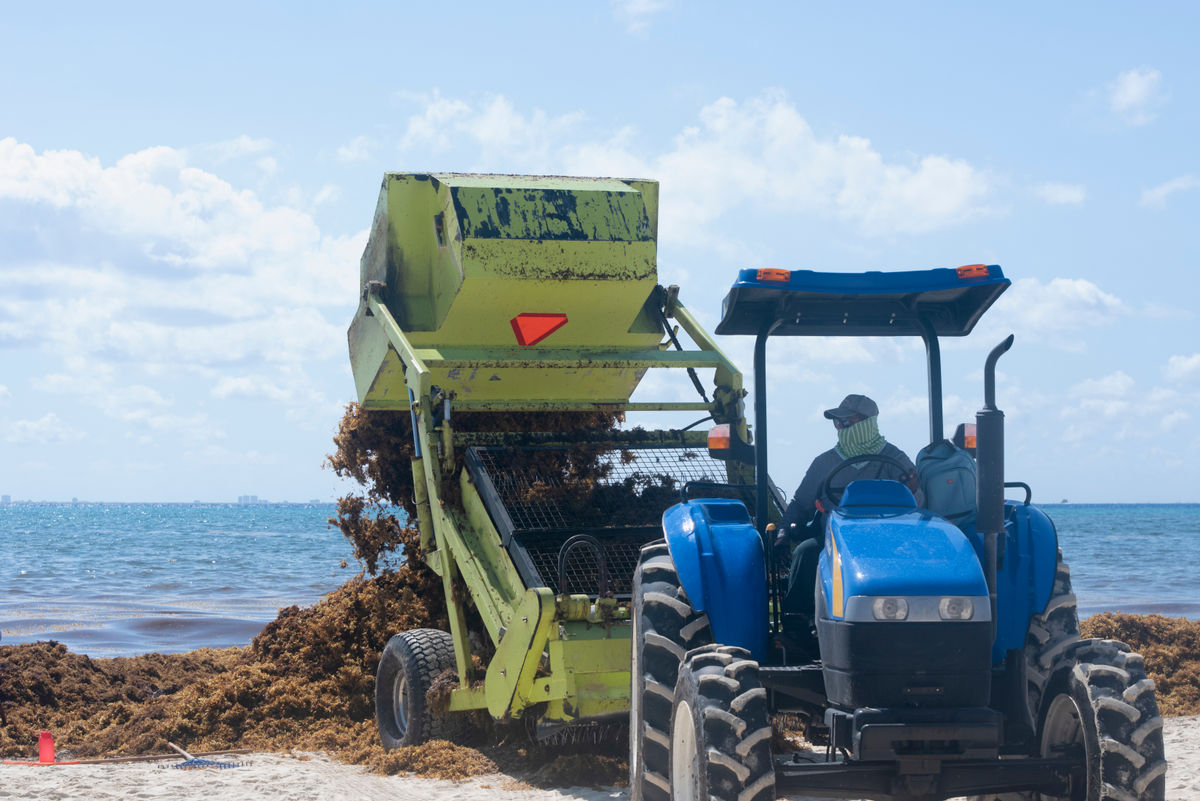
 English (US) ·
English (US) ·  Spanish (ES) ·
Spanish (ES) ·